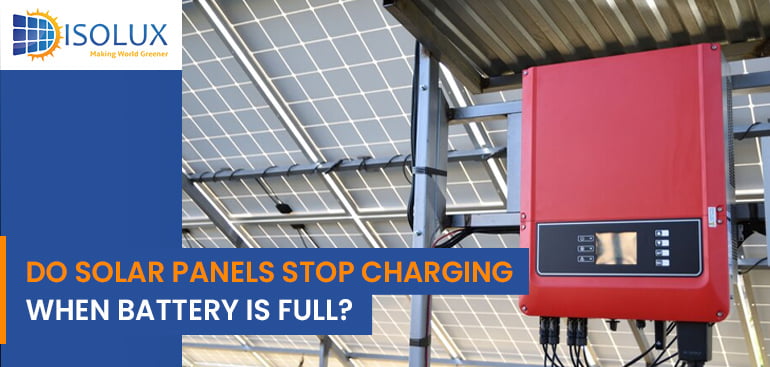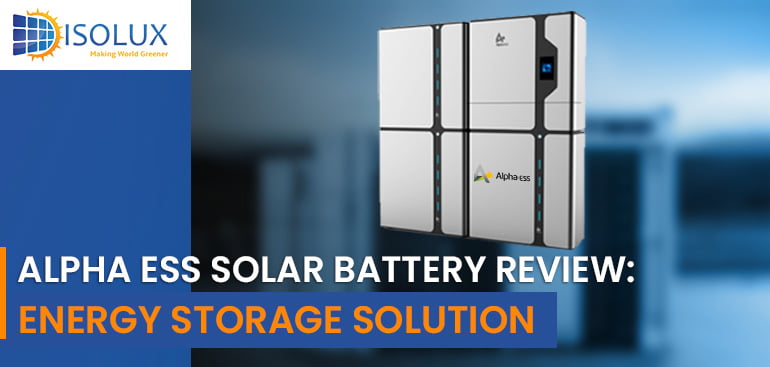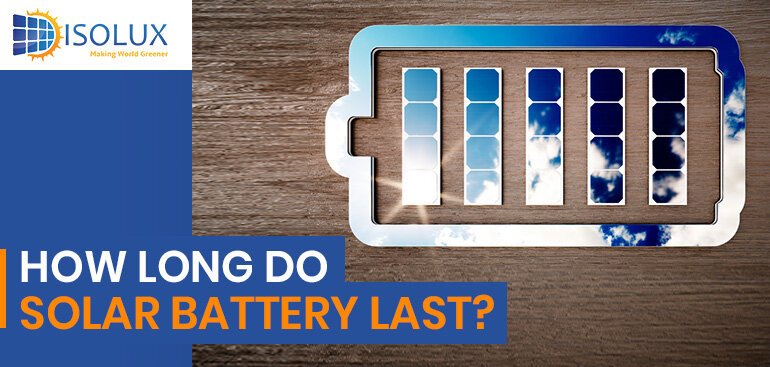Yes, solar panels are designed with built-in mechanisms to stop charging the battery when it is full. This is known as a charge controller, and its main function is to regulate the flow of electricity from the solar panels to the battery to prevent overcharging. The charge controller monitors the battery voltage and limits the amount of current that flows into the battery once it reaches its full capacity. This helps to ensure the longevity of the battery and prevent damage caused by overcharging.
Solar energy has become an increasingly popular way to power homes and businesses, and the installation of solar panels is on the rise. However, with the increase in solar panel installations, many people have concerns about the potential for overcharging their batteries. This article will explore the question of whether or not solar panels can overcharge batteries, and what can be done to prevent this from happening.
Understanding Battery Overcharging
Battery overcharging occurs when a battery is charged beyond its capacity, which can result in damage to the battery or even a potential fire hazard. In a solar panel system, the battery is used to store excess energy generated by the panels for use during periods of low or no sunlight.
Can Solar Panels Overcharge Batteries?
The short answer is yes, solar panels can overcharge batteries. However, this is typically only a concern if the system is not properly set up and managed. Most modern solar panel systems are equipped with voltage regulators and charge controllers that monitor and regulate the charge on the battery.
The charge controller ensures that the battery is charged to the proper level and prevents overcharging. If the battery is fully charged, the charge controller will stop charging the battery, effectively preventing overcharging.
Why is Solar Panel Overcharge Dangerous?
Solar panel overcharge can be dangerous because it can reduce the lifespan of the battery, causing it to fail earlier than expected. In addition, overcharging can also cause damage to the internal components of the battery, potentially causing a fire or other safety hazards. It is important to understand and prevent overcharging to ensure the safe and efficient operation of your solar panels.
How to Prevent Solar Panel Overcharge
There are several steps that you can take to prevent solar panel overcharging. These include:
Installing a Charge Controller: A charge controller is a device that regulates the flow of electricity from the solar panels to the battery. It helps to prevent overcharging by controlling the voltage and current levels to ensure that the battery is not charged beyond its capacity.
Monitoring Battery Voltage: Regularly monitoring the voltage of your battery can help to identify when it is fully charged and when it is time to disconnect the solar panels. This can help to prevent overcharging and extend the lifespan of your battery.
Disconnecting the Solar Panels: Disconnecting the solar panels when the battery is fully charged can help to prevent overcharging. This can be done manually or with the help of a charge controller.
Maintaining Proper Battery Maintenance: Proper battery maintenance is essential to preventing overcharging. This includes regularly checking the voltage and electrolyte levels, as well as ensuring that the battery terminals are clean and free of corrosion.
By taking these steps, you can help to prevent solar panels stop charging batteries and ensure the safe and efficient operation of your solar panel’s system.
Conclusion
In conclusion, solar panels can overcharge batteries if the system is not properly set up and managed. However, with the proper equipment and regular maintenance, the risk of overcharging can be greatly reduced. By taking these steps, you can ensure that your solar panel system is working efficiently and effectively and that your battery is protected from overcharging.
Get expert advice and Solar Panel Battery Storage Systems in Sydney from Isolux Solar for your home and businesses. Get a free quote today!




